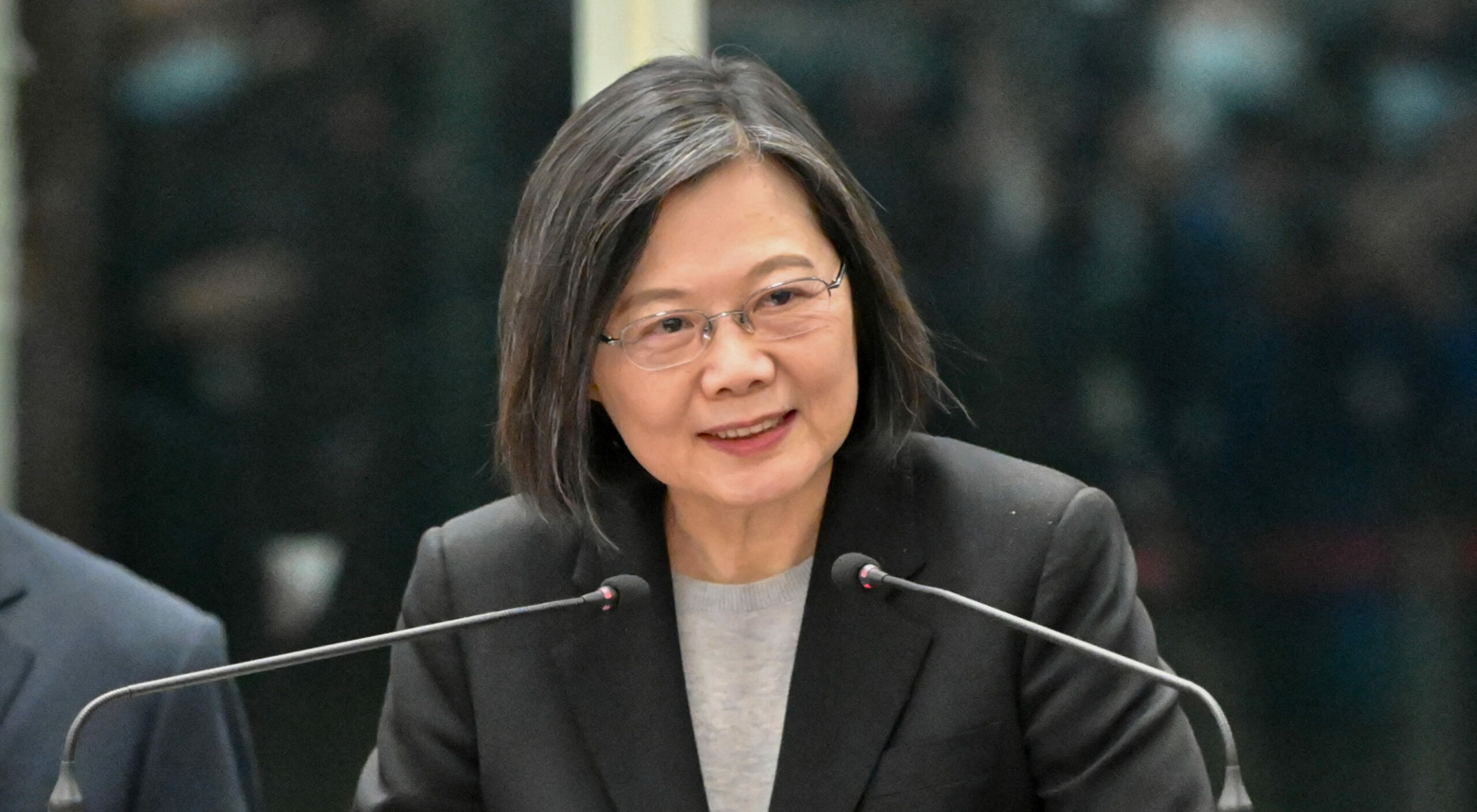It is very likely that China state-sponsored cyber groups will intensify online disinformation and influence campaigns, as well as disruptive cyber operations, in Taiwan in the coming months due to a presidential election there in January 2024.
This assessment was issued to clients of Dragonfly’s Security Intelligence & Analysis Service (SIAS) on 8 June 2023.
- China is highly likely to ramp up disinformation and disruptive cyber operations in Taiwan ahead of a presidential election due in January 2024
- Beijing is probably highly motivated to influence voting in favour of preferred candidates as part of its objectives to exert political control over Taiwan
- But we doubt that such campaigns will significantly raise the risk of direct disruption to foreign businesses operating there
The Chinese state appears highly motivated to influence voting and public attitudes towards the mainland, as it has done during previous elections. China state-sponsored groups will also probably intensify disruptive operations on Taiwanese institutions. But we doubt that these will seek to directly target foreign businesses operating there.
Probable increase in disinformation
The presidential poll in Taiwan is almost certainly a priority for China to pursue influence and disinformation campaigns. This would be with the particular aim to promote narratives that are favourable to the Chinese mainland and undermine Taiwanese sovereignty. We still assess that an invasion of Taiwan in the coming two years is extremely unlikely. Still, such online information operations would fit with Beijing’s objective of political control over Taiwan, not at least as issues such as sovereignty and cross-strait relations appear central to the poll.
Intensified online influence operations ahead of the election will allow Chinese-state-sponsored groups to further these goals. We assess that such groups will probably use disinformation campaigns to promote preferred candidates with more favourable mainland views, such as those from the opposition Kuomintang Party (KMT). The KMT has closer ties to Beijing than the governing Democratic Progressive Party (DPP). The online research firm Graphika Lab said that during the 2020 presidential election, China-linked accounts widely spread disinformation online to discredit President Tsai Ing-wen.
Focus on social media campaigns
Coordinated social media posts to push false, divisive or misleading content are a particular form that these would take. For example, over divisive issues and the competency of the DPP to govern. The Taiwan-based research organisation Doublethink Lab said that during local elections in 2022, disinformation campaigns by China involved topics of cultural unification and undermining the Taiwanese and US governments. This included posts blaming the DPP for the poor management of Covid-19.
Developments in AI will enable China to create ever-more plausible and convincing content in disinformation campaigns. In 2019, the authorities in Taiwan reportedly said they suspected China of using AI in influence campaigns to boost online content. And based on their longstanding attempts to push disinformation and their capabilities, they will probably experiment with generative AI technologies that can produce or alter images, video or audio of political candidates. In our understanding, social media companies will struggle to detect and remove such content.
Social media bot networks and paid social media pages are the most effective means for such Chinese actors to disseminate such content. During the 2018 local elections and 2020 presidential election in Taiwan, probable China-backed falsified social media accounts promoted pro-China messages, according to the Atlantic Council’s Digital Forensics Research Lab, a think tank. And cybersecurity firm Recorded Future said in 2020 it had identified Chinese provincial governments were attempting to recruit pro-unification Taiwanese social media influencers.
Impact on activism
Any intensified influence and disinformation campaigns would be unlikely to drive protests or unrest in Taiwan. This is even though – in our estimation – the issue of Taiwan’s sovereignty will be a focal point ahead of and during the poll. Such online campaigns by probable Chinese actors during previous elections have seemingly had a limited impact on significantly distorting public opinion or prompting civil disturbances. And China-backed disinformation campaigns in Taiwan have been effective in limiting the influence of such operations on voting behaviours.
Disruptive operations
State institutions will also be appealing targets for disruptive operations by China state-sponsored groups. In our assessment, these would mostly be denial-of-service attacks on websites and digital services, causing temporary disruptions, to undermine public trust in Taiwanese institutions. Taiwanese infrastructure and entities already face such operations, including website defacements and DDoS attacks, on a frequent basis. But such groups have previously seemingly planned to paralyse government IT systems, impair its power supply and disable other public infrastructure ahead of major political events, according to government officials.
Taiwan appears sufficiently resilient to handle and respond to any upsurge in disruptive cyber operations on its networks and systems. Even though China already poses a critical data-compromising and disruptive cyber threat to industries such as semiconductors and finance in Taiwan, we doubt that the underlying risk of direct disruption to most companies will be particularly elevated around the election. Instead, organisations in Taiwan will – in our analysis – be mainly exposed to indirect disruption, such as from the digital interference of state websites, public transport or communication platforms.
Image: Taiwan’s President Tsai Ing-wen speaks to the media upon her arrival at the Taoyuan International Airport on 7 April 2023. Photo by Sam Yeh / AFP via Getty Images.




